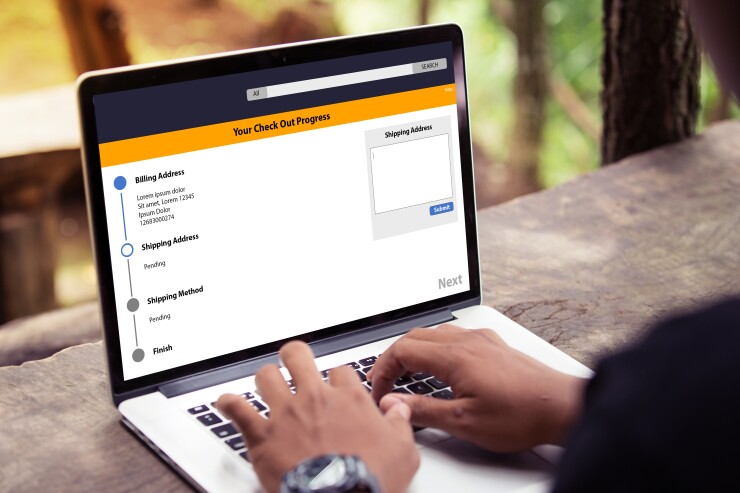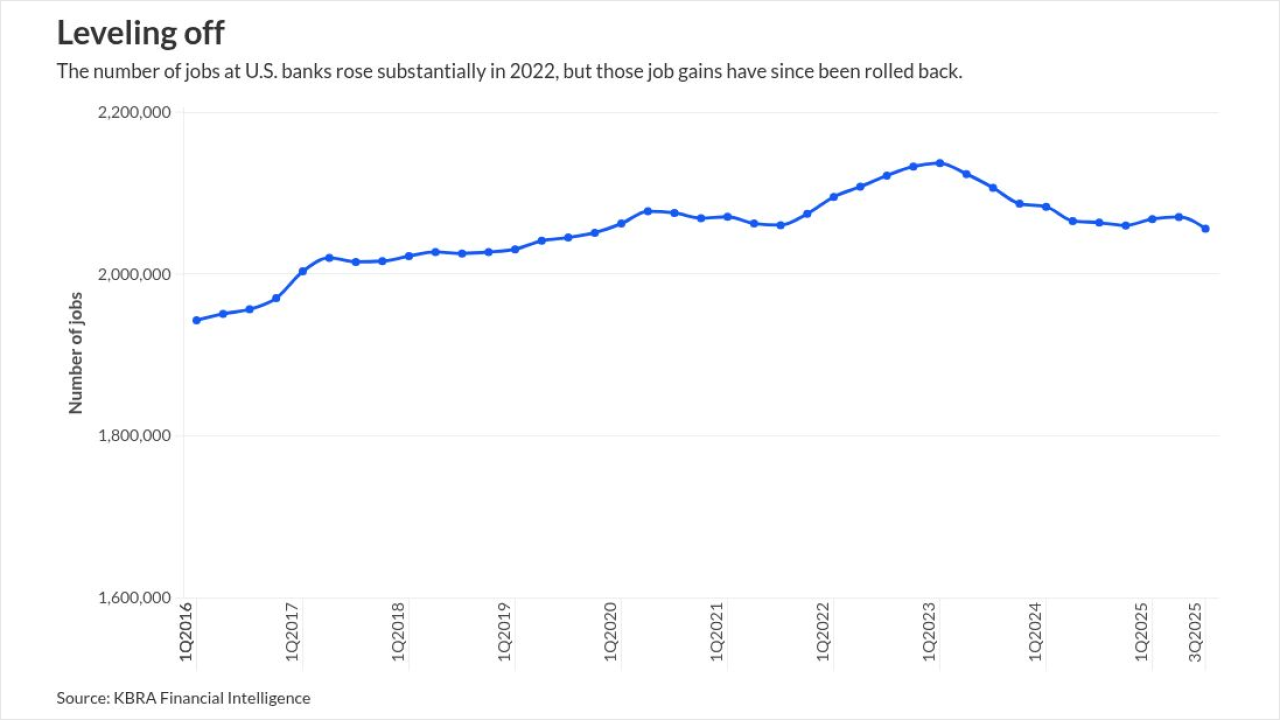More startups are using buy now/pay later-style instant online credit approvals to streamline consumers’ access to revolving credit.
The concept seems to be the reverse of what made BNPL loans popular — consumers often use BNPL loans for a single purchase because they don't want to have a large balance to pay off in perpetuity. But the technologies developed to support speedy BNPL lending decisions can be applied to longer-term loans for multiple items.
FuturePay, which launched this month through a partnership with Cross River Bank, is using a model that enables e-commerce merchants to instantly extend a revolving-credit loan to customers.
On the front end, FuturePay benefits from the convenience that has made BNPL loans so popular by giving consumers an immediate financing option at the moment they’re shopping. On the back end, FuturePay is leaning on Cross River to provide the compliance and account management of a traditional credit card loan.

“FuturePay is a hybrid that lands between a BNPL loan and an ordinary credit card, because we have the convenience of an instant decision that comes through the merchant’s website but consumers have the flexibility to pay off the loan immediately or revolve it with simple terms,” said Tim Harris, CEO of the South Jordan, Utah-based FuturePay.
There are a few other elements that set FuturePay apart from a traditional credit card. Instead of an interest rate, FuturePay charges users a fixed fee of $1.25 for each $50 increment of credit used.
FuturePay has also built in more fees than most BNPL providers, which could help offset costs. There is a $25 annual fee for a FuturePay account, and fees for late or returned payments are $38. Harris says the fees are more transparent and simpler than traditional credit cards.
"This innovative product helps to fill a gap in the market and provide responsible credit solutions to more consumers," said Adam Goller, Cross River's head of fintech banking, in a press release.
FuturePay’s role as an intermediary managing credit between the customer and the merchant could be tricky for a number of reasons, observers note.
BNPL fintechs are currently experiencing challenges maintaining the funding needed to finance large tranches of outstanding debt for fast-growing loan volume, even for short-term loans. The valuation of BNPL giant
"Alternative lending sources often do well during economic expansion," said Rick Oglesby, president of consulting firm AZ Payments Group, noting that it's harder to keep credit lines open while maintaining profitability when the economy is contracting.
Having a bank partner could be a competitive differentiator for FuturePay in the current tightening economic market, according to Oglesby.
Another example is the private-label digital credit card issuer
FuturePay initially is targeting consumers making repeat purchases from e-commerce merchants in niches like pet supplies, cosmetics, eyewear and sporting goods, Harris said.
The company hopes that with enough participating merchants it could create a sort of network effect among its users, who could use FuturePay’s “MyTab” feature to add purchases from other e-commerce sites supporting the service to a single revolving credit line.
New customers who see FuturePay as an option on a retailer's website can click to see if they qualify for loans of $1,000 to $5,000. Underwriting decisions, with assistance from Cross River, happen in near real time using basic customer information such as a name, phone number, birth date and Social Security number along with an email address.
For each purchase with a FuturePay account, the user must choose “MyTab” on the merchant’s checkout page and enter a username and password, and they can see a running total of new purchases made by logging in to their account.
FuturePay charges merchants 1.5% of the purchase price for processing payments, which is about a hundred basis points lower than the all-in cost of accepting network-branded credit cards with
Merchants receive funds from sales within two days. FuturePay assumes responsibility for managing any disputes between the customer and the merchant, and guarantees that consumers get their money back if an item is sent in error, Harris said.
FuturePay says that it’s still early days, and has not announced any participating retailers, but it says it's confident that demand exists for its service.
“BNPL loans have generated a lot of excitement because consumers are looking for alternatives, and 90% of e-commerce merchants still aren’t part of it. We are purpose-built for e-commerce,” Harris said.






